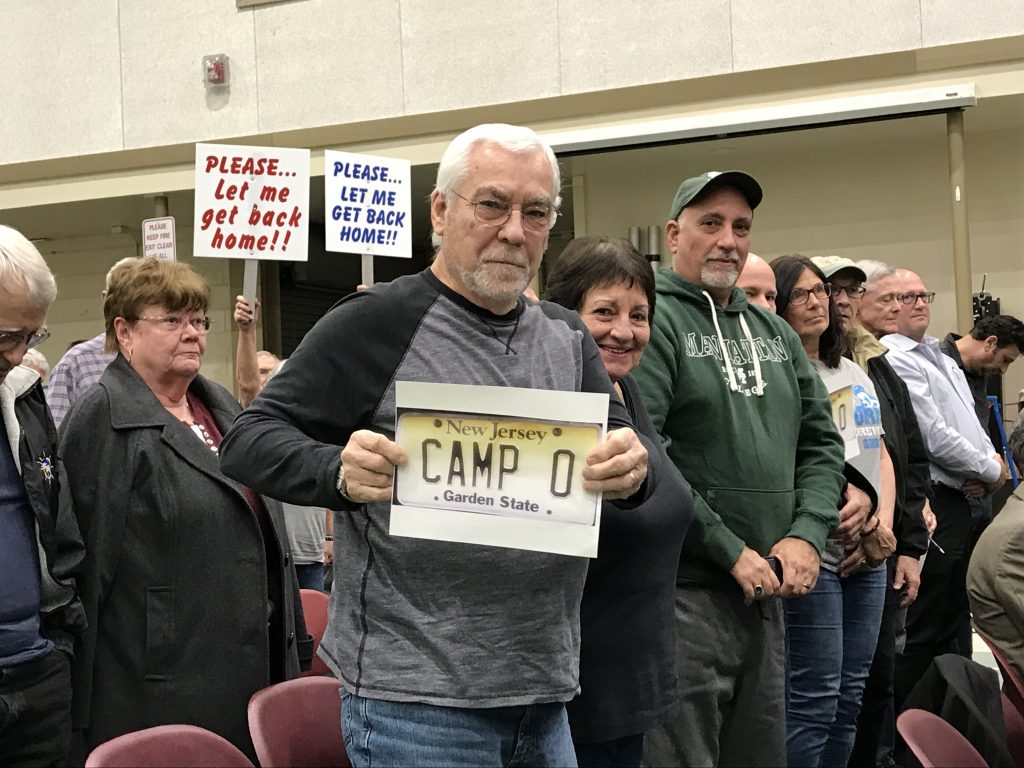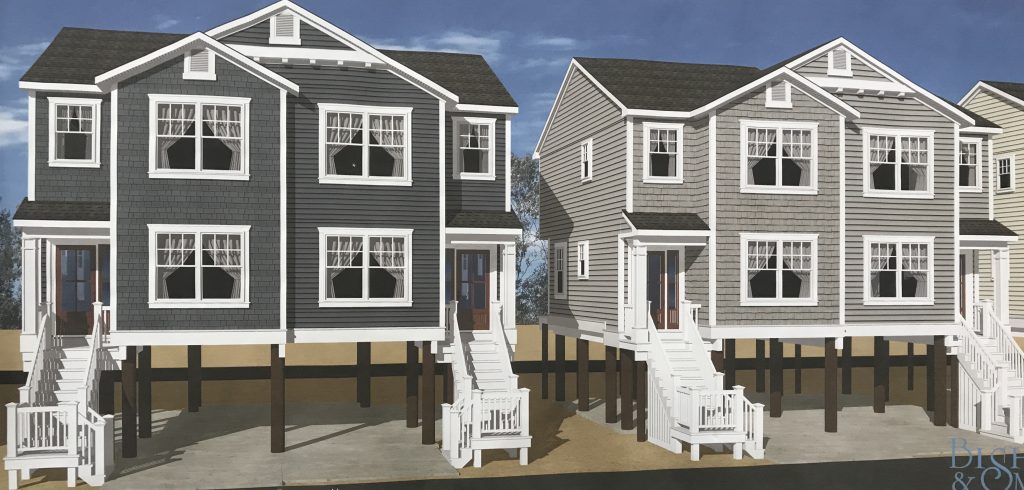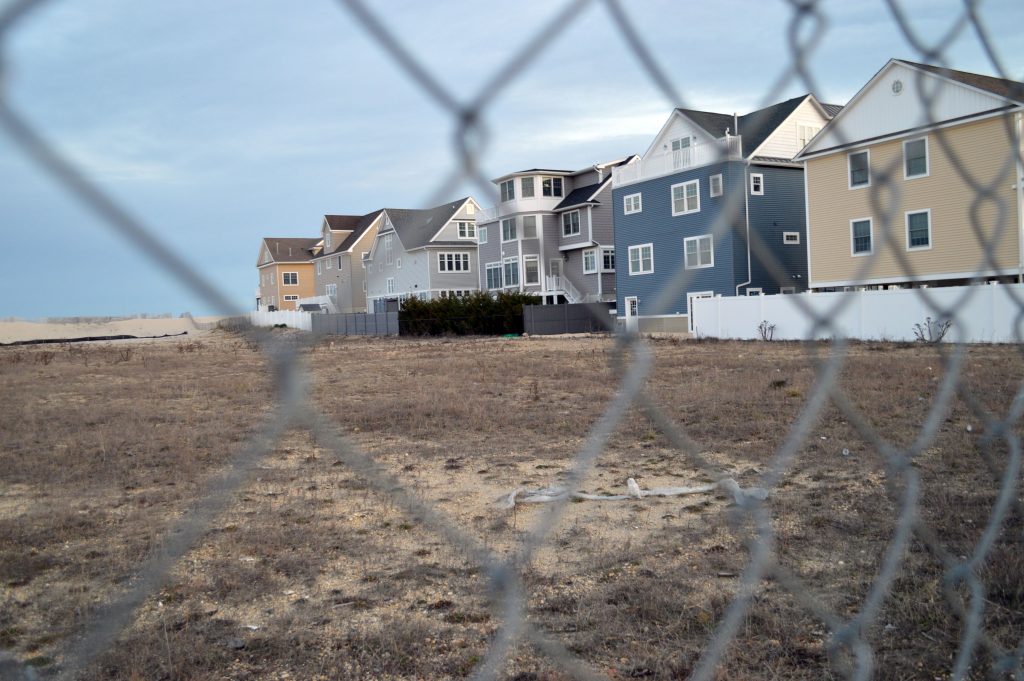The summer of 2020 will be unlike any other, but for one group of Brick Township residents, it will represent one more year closer to getting back home.
The bulk of Camp Osborn, the oceanfront neighborhood of small homes south of the Ocean Club condominiums on Route 35, were destroyed in Superstorm Sandy. The residents fought through more than seven years of permitting, regulations and some internal disputes before settling earlier this year on a condominium development that will include 67 residences. A neighbor from Lyndhurst Drive who has aggressively fought multiple efforts to rebuild different portions of Camp Osborn, sued to block the construction of the development, which was approved by the Brick Township planning board last winter.
Last week, a state appeals court brushed aside objections to a state permit for the 67 condominiums brought by Anton Semprivivo, a car dealership executive from the neighboring street who sued on behalf of his company, JSTAR LLC, which is the legal owner of his home on the neighboring block.
The association’s plan calls for the construction of 64 duplex units in 32 buildings, and three detached single family homes for a total of 67 residential units on four parcels of land. A street will be constructed using a hard-pack base with clam shells on top, and it is not yet known if utilities will be located underground or above ground.
The buildings themselves will vary in color, siding designs and some other aesthetics, but will be structurally identical. Some units will be larger than others, but most will be just under 1,100 square feet. Units will be either two or three bedroom dwellings with space for two cars, an outdoor shower and storage underneath the first floor. Additional parking for guests is planned to continue in the municipal lot across from Brick Beach III, where residents previously were allowed to buy 24-hour seasonal parking passes to keep on hand.
A three-judge appellate division panel on April 27 found no merit to challenges by Semprivivo. JSTAR, his company, contended that the condominium association gave inadequate notice of its proposal. It also argued that the state DEP violated JSTAR’s and the public’s due process rights in the way it conducted the comment period. JSTARalso said the state considered insufficient data when granting the CAFRA (Coastal Area Facilities Review Act) environmental permit.
The court rejected Semprivivo’s challenges across the board, finding that the “grant of the permit was not arbitrary, capricious, or unreasonable.”
The panel of judges ruled the public was not prevented from opining on the matter – there were numerous public hearings where comment and cross-examinations were conducted – nor did the DEP err in its permitting process.
“We disagree that the DEP was under any obligation to do more than it did in this case when considering the public’s comments,” the court found.

Camp Osborn gets its first hearing on a proposal to rebuild the neighborhood, Feb. 2020. (Photo: Daniel Nee)
“These procedural challenges had no foundation,” said attorney Adam Garcia, an associate at Giordano, Halleran & Ciesla in Red Bank, who represented the Osborn Sea-Bay Condo Association. “OSBCA had clearly dotted each ‘i’ and crossed each ‘t’ at every step of the way, making sure the public was adequately informed and given the chance to air their views about the development.”
The court also found that OSBCA’s notice fully conformed with all requirements as it advised neighboring landowners “about the application being submitted, described the proposed project, and advised that the complete application project was available for review at the ‘municipal clerk’s office’ or at the DEP’s office.”
The court also dismissed JSTAR’s objection to a DEP exemption from a required road elevation. OSBCA maintained that it could not make the road higher because doing so would risk flooding of Route 35 during a storm, which was accepted by the DEP.
“The judges clearly saw no merit to JSTAR’s arguments,” said Steven P. Gouin, another one of the association’s attorneys.
The full decision is embedded below this article.
~













